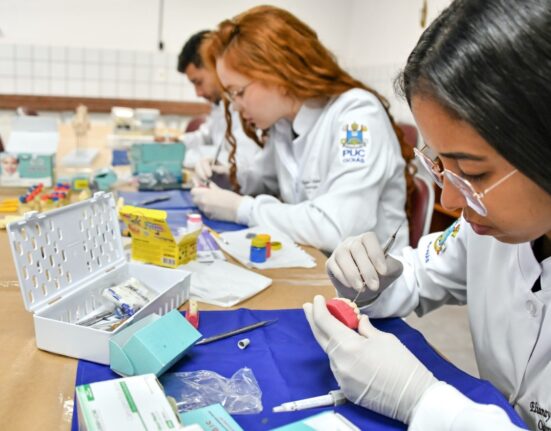Imagine a bustling hemocentro in Piracicaba, tirelessly working to meet the critical demand for blood donations in the region. Behind the scenes, a vital lifeline is stretched thin as stocks of various blood types hover at alarmingly low levels, capable of supplying hospitals for a mere one to three days. This precarious balance is a stark reality faced by the Unicamp hemocentro, serving Piracicaba and its surrounding areas.
Among the eight blood types crucial for medical procedures, six are currently classified at critical levels, prompting urgent calls for donors to step up and replenish the depleting supplies. The hemocentro’s ability to provide life-saving transfusions hinges on the community’s willingness to donate, a fact underscored by the stark statistic that 230 to 250 blood bags are utilized daily.
“The estimate depends on the blood type and the specific needs of each hospital. This necessitates emergency recruitment actions to prevent the compromise of essential procedures,”
emphasizes the hemocentro. This collective effort is imperative to ensure the uninterrupted flow of blood for surgeries, cancer treatments, transplants, and emergency care.
The Unicamp hemocentro’s reach extends across 88 cities, including Piracicaba, Campinas, and São João da Boa Vista, catering to a diverse range of medical facilities. The domino effect of dwindling blood supplies is keenly felt, with the potential for postponed surgeries and treatments looming large on the horizon.
“We are already witnessing sporadic delays in less urgent procedures, precisely to prioritize the most severe and emergent cases. The situation demands ongoing vigilance to prevent the suspension of essential treatments,”
warns the hemocentro, underscoring the critical importance of maintaining adequate blood stocks.
However, the hemocentro in Piracicaba faces a concerning setback as blood donations plummet by approximately 30% to 35% in recent weeks. This sharp decline, significantly below the expected average for this period, poses a formidable challenge aggravated by the seasonal shift towards autumn and winter.
“The decrease in donations is already anticipated during the autumn and winter months due to factors such as increased colds, flu, and viruses that temporarily disqualify donors, coupled with the chilly weather that discourages people from venturing outdoors,”
explains the organization. This year, however, the decline has been more pronounced than anticipated, exacerbating an already precarious situation.
To counter this alarming trend, the hemocentro emphasizes the urgent need for donors who meet the basic health criteria, such as being between 16 and 69 years old, weighing at least 50 kg, and having a well-rested and hydrated body. These simple requirements can make a world of difference in replenishing blood stocks and ensuring a steady supply for critical medical procedures.
As the hemocentro in Piracicaba grapples with the repercussions of dwindling blood donations, the community’s support becomes more pivotal than ever. Through collective action and a shared commitment to saving lives, individuals can make a tangible impact in sustaining the flow of life-saving blood to those in dire need. Let us heed the call to donate blood, for in our collective generosity lies the power to safeguard countless lives and ensure the continuity of essential medical treatments.









Leave feedback about this